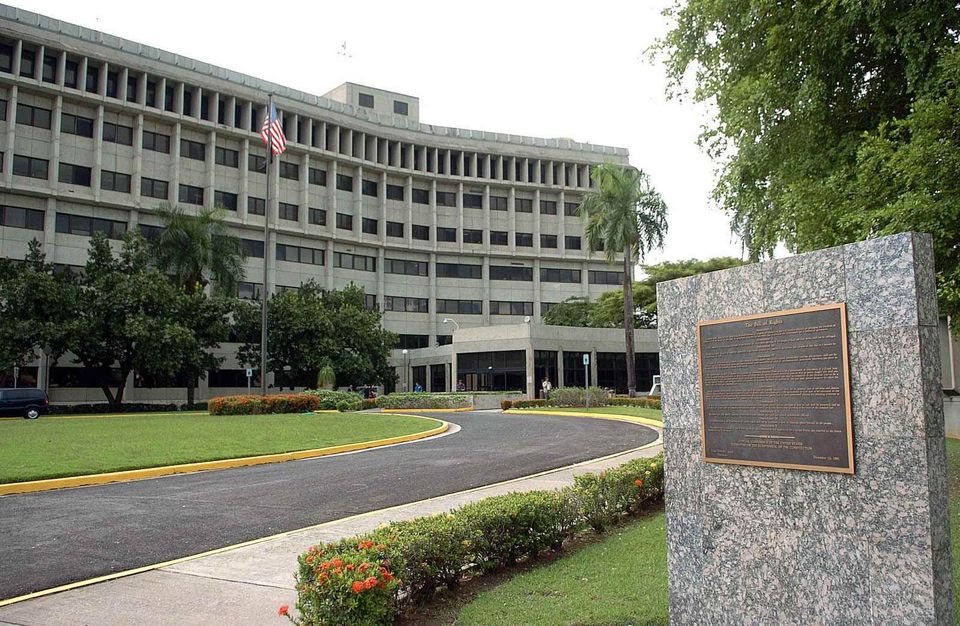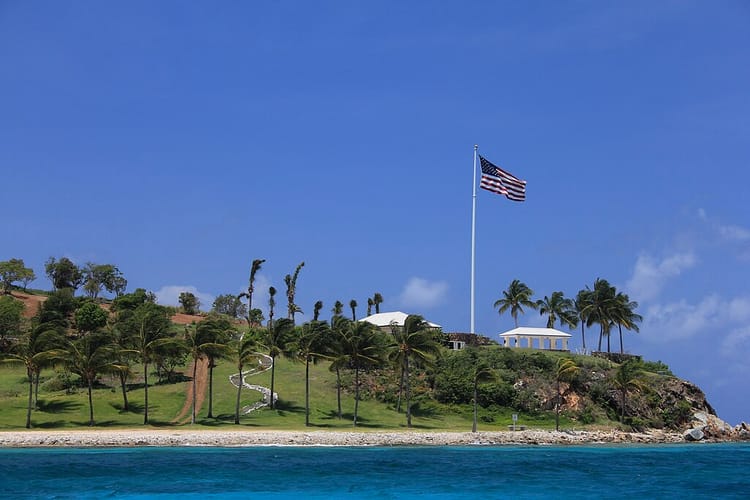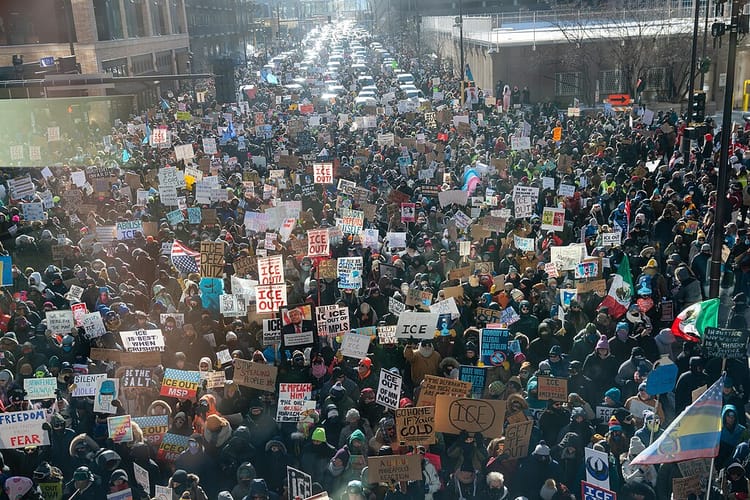Climate Must-Reads: First Climate RICO, Hansen Sues EPA, Rail Strike + Shell Greenwashing

Lots going on in the climate litigation space lately! The Supreme Court is still mulling a jurisdictional argument in the Boulder climate liability case. Meanwhile, in September, EPA rejected a petition asking it to commence rule-making for greenhouse gases as pollutants under the Toxic Substances Control Act. Earlier this month, the petitioners (including legendary NASA climate scientist James Hansen and Carbon Majors report author Richard Heede) took their request to court, seeking to compel the agency to regulate GHGs under TSCA.
The biggest climate litigation news in a while came over the Thanksgiving holiday when 16 Puerto Rican municipalities filed the first-ever climate RICO complaint.
he Racketeer Influenced and Corrupt Organizations Act was passed in the 1970s to give the government a way to deal with organized crime. The Mafia. In the 1980s, the Supreme Court upheld the use of the law in civil cases as well, which can be brought against individuals, organizations, or corporations. If you listened to our season on the Chevron-Ecuador case you might remember that Chevron successfully sued U.S. attorney Steven Donziger under RICO. This time the complaint flows the other way, alleging that the global oil majors, their trade associations, and a network of dark money-funded think tanks and operatives were part of an organized conspiracy to mislead the public on climate change, resulting in a multitude of damages. Because the plaintiffs are 16 Puerto Rican towns, the damage is pegged specifically to 2017 Hurricane Maria, and the likelihood of more and worse storms battering the island for years to come.
I started following this case three years ago, and went to Puerto Rico in 2019 to meet with attorney Melissa K. Sims. Sims is senior counsel for the plaintiffs law firm, Milberg. She originally went to Puerto Rico while working on one of the opioid cases with them. "The interesting part about the opioid litigation is that really it all started in Puerto Rico," she says. "We filed a class action for the municipalities in Puerto Rico early on and we filed racketeering, one of the first cases that filed racketeering in federal court. And what we found out was, you know, Puerto Rico has been kind of the guinea pig for big pharma."
One of Sims's first trips there was about a year after Hurricane Maria and she was shocked by how much devastation there still was. Then she saw an article in the newspaper shortly after about how climate change was making hurricanes more intense, and storm surge more damaging. And how much of these outcomes had been predicted decades prior by climate scientists working for oil companies. And a lightbulb went off "If it's proven that you caused it and if it's proven that you, you know, conspired with somebody else to profit off that loss to a municipality you should have to pay for it," she says.
Last week, Sims’ firm filed a RICO case on behalf of 16 Puerto Rican municipalities, against 7 oil companies, three coal companies, and hundreds of organizations and operatives, alleging “consumer fraud, racketeering, antitrust, fraudulent misrepresentation, negligent misrepresentation, negligent fraudulent concealment, conspiracy to defraud, products liability, strict liability failure to warn, negligent failure to warn, and unjust enrichment, as a result of the devastating storms of September 2017, and the aftermath of those storms which occurred as a result of the Defendant’s acts and omissions.”
I’ll be bringing you a whole lot more on that story in the weeks and months ahead, it’s a really big deal!
The Washington Post's promised climate + environment expansion officially launched this week. If this incredible interactive feature on Virginia's barrier islands and the daily impact of rising seas is an indication of what's to come, WaPo might be the first paper to actually deliver on big promises of improved climate coverage.
Surprising no one, the fossil fuel industry wants to see the pending rail strike blocked. As Kate Aronoff pointed out in The New Republic this week, Biden's stand with bosses against workers placed him on the same side as the American Petroleum Institute and the American Chemistry Council, both of which were among the 400 groups that called on Congress to stop the strike.
Petroganda: Shell Brings Back the Rational Middle Back in 2012, Shell commissioned a film series that focused on the "rational" trade-offs required to make the energy transition work...for oil companies. Researchers Geoffrey Supran and Ben Franta were post-docs at the time and wrote about how shocked they were to see the film screened on Harvard's campus.
"The university promoted the event as “Finding Energy’s Rational Middle” and described the film’s motivation as “a need and desire for a balanced discussion about today’s energy issues,” they wrote. "Who can argue with balance and rationality? And with Harvard’s stamp of approval, surely the information presented to students and the public would be credible and reliable. Right? Wrong. The event’s sponsor was Shell Oil Company. The producer of the film series was Shell. The film’s director is Vice President of a family-owned oil and gas company, and has taken approximately $300,000 from Shell. The host, Harvard Kennedy School, has received at least $3.75 million from Shell. And the event’s panel included a Shell Executive Vice President."
Shell had of course tasked its PR firm Edelman with creating the series. Now it's back with new episodes, (that debuted at SXSW?!) hosted on the Rational Middle's website. In a weird twist, half of the Rational Middle website is devoted to Shell's net zero by 2050 campaign while the other half is focused on Immigration, giving the whole package a vaguely ecofascist vibe.





